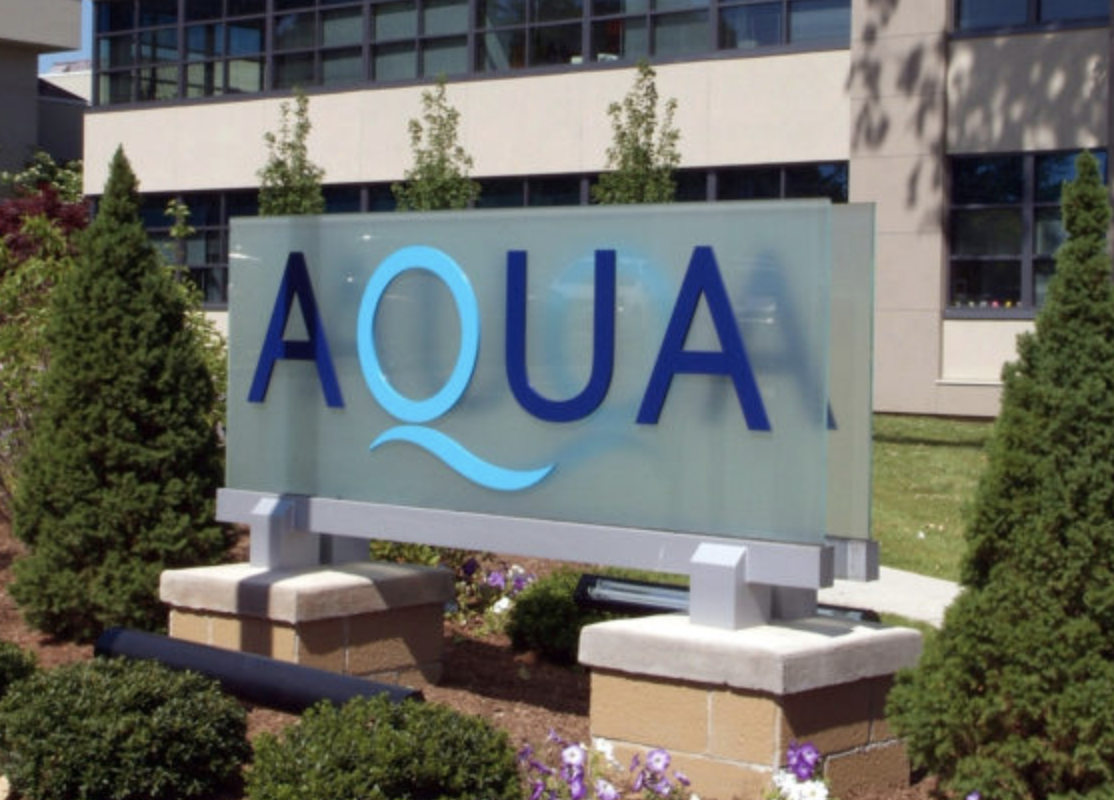After Two Months, Delco Natural Gas Facility Still On Hold

An appeals court ruling has left the construction of a new Delaware County natural gas facility in limbo for months, with no clear sign as to when the project is expected to resume.
PECO Energy Company originally set out to build a natural gas “reliability station” in Marple Township several years ago. The company describes the facility as one that will “enable PECO to distribute more natural gas into Delaware County through 11.5 miles of new natural gas main.”
Company officials argued the station will play a key role in ensuring ample gas supply to Delaware County as demand grows for the key fossil fuel energy source.
Township officials in November 2020 rejected PECO’s application to build the plant, after which PECO filed a petition with the state Public Utility Commission asking for the PUC to exempt the company from township zoning rules.
The PUC subsequently ruled in PECO’s favor. Town officials then appealed to the Commonwealth Court, which halted station construction in March, claiming the commission overlooked several key regulatory considerations when ruling for the energy company.
The court said the commission must “incorporate the results of a constitutionally sound environmental impact review” into a new project analysis.
PECO spokesman Greg Smore confirmed to DVJournal that the case is still waiting to be resolved, having been sent back to the PUC for re-evaluation.
“We are disappointed with the decision,” Smore said. “However, we are evaluating our next steps to complete this project, which is critical to meeting the growing need and demand for safe, reliable, and affordable natural gas for our customers in Marple Township and across Delaware County.”
David Hixson, a spokesman for the PUC, said the case “has been reopened and assigned to the PUC’s Office of Administrative Law Judge for further consideration.”
“If further hearings are scheduled by OALJ, notices will be posted to the public docket,” he added, “but to date, no hearings have been scheduled.”
Officials with Marple Township did not respond to queries asking about the case and the township’s opposition to it. In March, after the appeals court decision, the town said in a statement that it was “pleased and encouraged” by the ruling.
“The township continues to believe that the subject property is not an appropriate site for these facilities,” the town said, “and that this will be borne out by a constitutionally sound environmental impact review by the Commission as required by the Commonwealth Court’s decision.”
For years, a citizen-created initiative, the Marple Safety Coalition, has worked against the plant’s construction. The initiative’s website was last updated shortly after the court decision in early March.
“Probably, [the ruling] means that PECO will not begin building anything soon,” one message reads. “However, they can continue to work at the site; over the winter, there was a lot of activity due to their testing of the pipeline, and that testing will probably continue.” The Marple Safety Coalition did not respond to a query from DVJournal.
Only Texas produces more natural gas than Pennsylvania, which is sitting on billions upon billions of cubic feet of the critical energy source. The U.S. Energy Information Administration says Pennsylvania has 48 underground gas storage sites, “the most for any state.”
PECO says Delaware County’s natural gas consumption is projected to surge in the coming years, necessitating more infrastructure like the reliability plant to ensure demand is met.
“PECO anticipates a 20 percent increase in natural gas usage in Delaware County and a 10 percent increase in Marple Township over the next decade,” the company says on its website.
“Without this project,” the company says, “the natural gas system in this area will be constrained, resulting in inadequate natural gas supply and pressure to help customers run their appliances, like heaters, during the coldest days of the year.”




